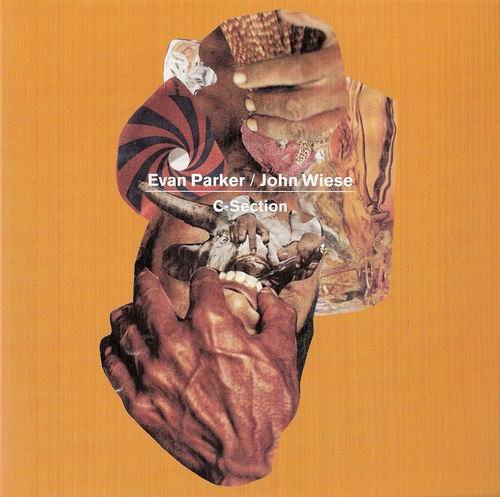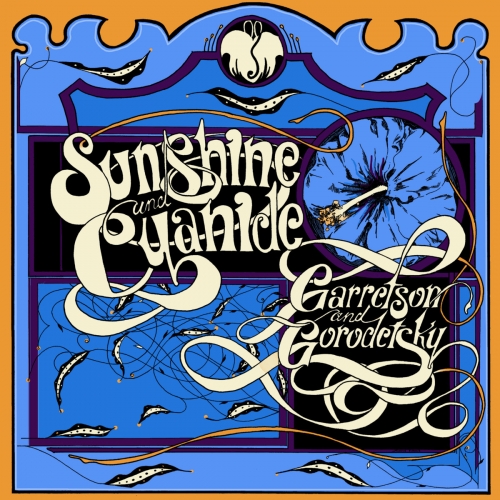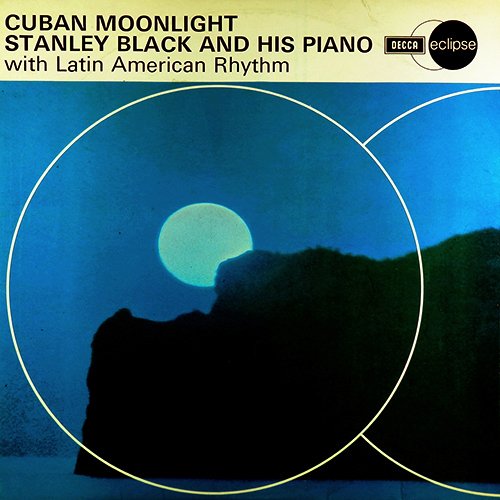Henrik Schwarz, Bugge Wesseltoft - Duo (2011) Lossless
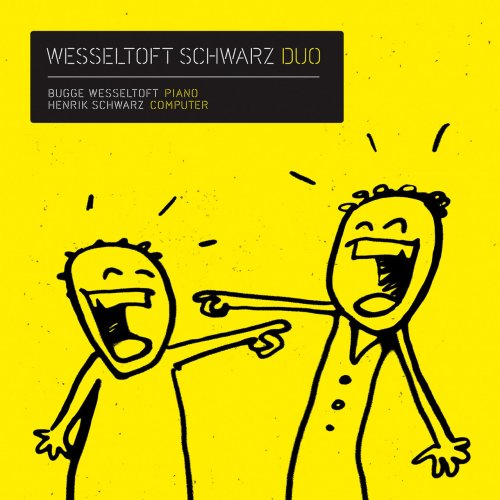
Artist: Henrik Schwarz, Bugge Wesseltoft
Title: Duo
Year Of Release: 2011
Label: Jazzland Recordings
Genre: Jazz, Future Jazz, Contemporary Jazz
Quality: FLAC (tracks)
Total Time: 53:38
Total Size: 271 Mb
WebSite: Album Preview
Tracklist: Title: Duo
Year Of Release: 2011
Label: Jazzland Recordings
Genre: Jazz, Future Jazz, Contemporary Jazz
Quality: FLAC (tracks)
Total Time: 53:38
Total Size: 271 Mb
WebSite: Album Preview
1. First Track (Live From Berlin) 8:05
2. Dreaming 7:35
3. Leave My Head Alone Brain 8:00
4. Dudelange (Live From Luxembourg) 5:30
5. See You Tomorrow 6:39
6. Kammermusik 6:52
7. Where Is The Edge? 4:11
8. One One (Live From Cologne) 6:43
Personnel:
Bugge Wesseltoft, piano
Henrik Schwarz, computer
Bugge Wesseltoft is a jazz musician of some repute. Making music for over a decade now, the Norwegian is probably best known to electronic listeners for his work with Laurent Garnier. (He's not the "Man with the Red Face," but he helped record it.) Henrik Schwarz is a name who needs less introduction. The German producer has dozens of singles and collaborations under his belt, including a live album on !K7 in 2007. His most recent project saw him team up with Jesse Rose under the banner of "Black Rose," producing the live hit "Anthem," which was released due to repeated audience requests. With Schwarz moving increasingly towards improvisation, and Wesseltoft towards electronica, their pairing makes incredible sense.
Duo's concept is simple—Wesseltoft on piano, Schwarz on electronics. Simple on paper, anyway. The absence of musical notation for synthesisers—and their huge palette of sounds—can make stylistic syncronisation tough. Thankfully, the duo take the high road, crafting intricate and often imperfect pieces, rather than resorting to simplistic programming and predictability. "First Track," for example, is a live recording of their very first collaboration (Berlin, 2009), which shows their commitment to spontaneity. To ensure results, the pair frequently seem to provide backing for one another, rather than actually play in tandem. In "Kammermusik," for example, Schwarz lays down a bed of shuffling white noise, with his partner's elegant key work resting on top. The latter half of the same song sees Wesseltoft retreat, with wistful synths and a rubbery arpeggio taking over. The final piece "One One"—live from Cologne—even seems to be entirely electronic.
Without doubt, the most breathtaking sections are those in which the two accomplish true syncronicity. "Dreaming" has a lifelike pulse, moving ever upwards with shunting hits of ivory and filtered synth. In "Where Is the Edge," Schwarz provides 8-bit bleeps, and for "See You Tomorrow," a slow-ticking LFO which mutates into frantic rolling, or else a constant tone. Both sounds pair unexpectedly well with Wesseltoft's jazzy noodlings. Given the Norwegian's background, this style of piano was always going to be his contribution, and it's one which he excels at. However, given the modernity of the project itself, it seems a shame that more avant-garde techniques weren't given room, as heard on recent compilations Enjoy the Silence.
To conclude the constant presence of piano makes the album "samey" would be ridiculously crude; akin to criticising a rock album for using just drums, guitars and vocals. However, the duo show tasteful restraint with the synthesised elements, meaning there's less diversity than many electronic listeners would be accustomed to. In the hands of poorer musicians this could be a crippling blow. For Wesseltoft and Schwarz, it's a minor niggle.
Duo's concept is simple—Wesseltoft on piano, Schwarz on electronics. Simple on paper, anyway. The absence of musical notation for synthesisers—and their huge palette of sounds—can make stylistic syncronisation tough. Thankfully, the duo take the high road, crafting intricate and often imperfect pieces, rather than resorting to simplistic programming and predictability. "First Track," for example, is a live recording of their very first collaboration (Berlin, 2009), which shows their commitment to spontaneity. To ensure results, the pair frequently seem to provide backing for one another, rather than actually play in tandem. In "Kammermusik," for example, Schwarz lays down a bed of shuffling white noise, with his partner's elegant key work resting on top. The latter half of the same song sees Wesseltoft retreat, with wistful synths and a rubbery arpeggio taking over. The final piece "One One"—live from Cologne—even seems to be entirely electronic.
Without doubt, the most breathtaking sections are those in which the two accomplish true syncronicity. "Dreaming" has a lifelike pulse, moving ever upwards with shunting hits of ivory and filtered synth. In "Where Is the Edge," Schwarz provides 8-bit bleeps, and for "See You Tomorrow," a slow-ticking LFO which mutates into frantic rolling, or else a constant tone. Both sounds pair unexpectedly well with Wesseltoft's jazzy noodlings. Given the Norwegian's background, this style of piano was always going to be his contribution, and it's one which he excels at. However, given the modernity of the project itself, it seems a shame that more avant-garde techniques weren't given room, as heard on recent compilations Enjoy the Silence.
To conclude the constant presence of piano makes the album "samey" would be ridiculously crude; akin to criticising a rock album for using just drums, guitars and vocals. However, the duo show tasteful restraint with the synthesised elements, meaning there's less diversity than many electronic listeners would be accustomed to. In the hands of poorer musicians this could be a crippling blow. For Wesseltoft and Schwarz, it's a minor niggle.
![Larry Coryell - Major Jazz Minor Blues (1998) [CDRip] Larry Coryell - Major Jazz Minor Blues (1998) [CDRip]](https://www.dibpic.com/uploads/posts/2026-02/1771860317_5.jpg)
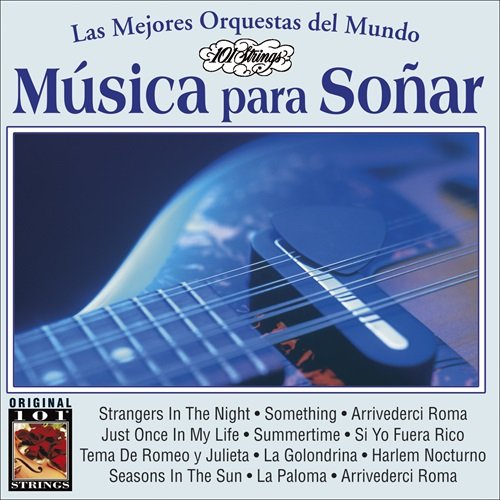
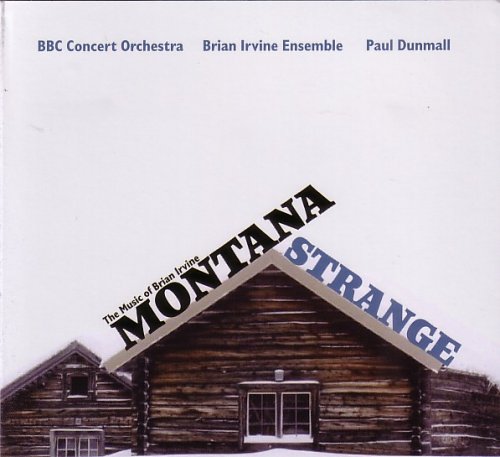
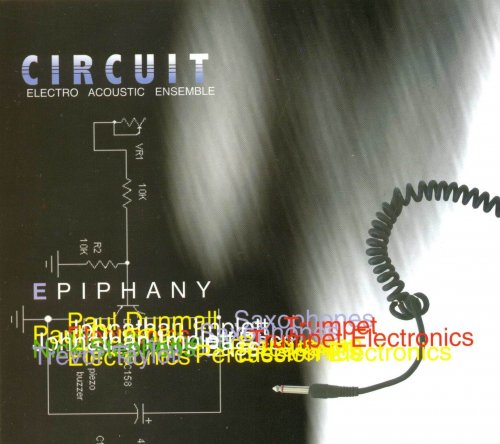
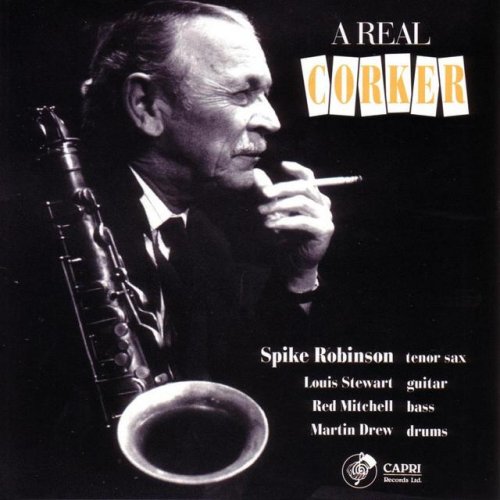
![Zenekar - Swirls (2026) [Hi-Res] Zenekar - Swirls (2026) [Hi-Res]](https://img.israbox.com/img/2026-02/25/t028ousw4otuz57efsjkzgr6u.jpg)
